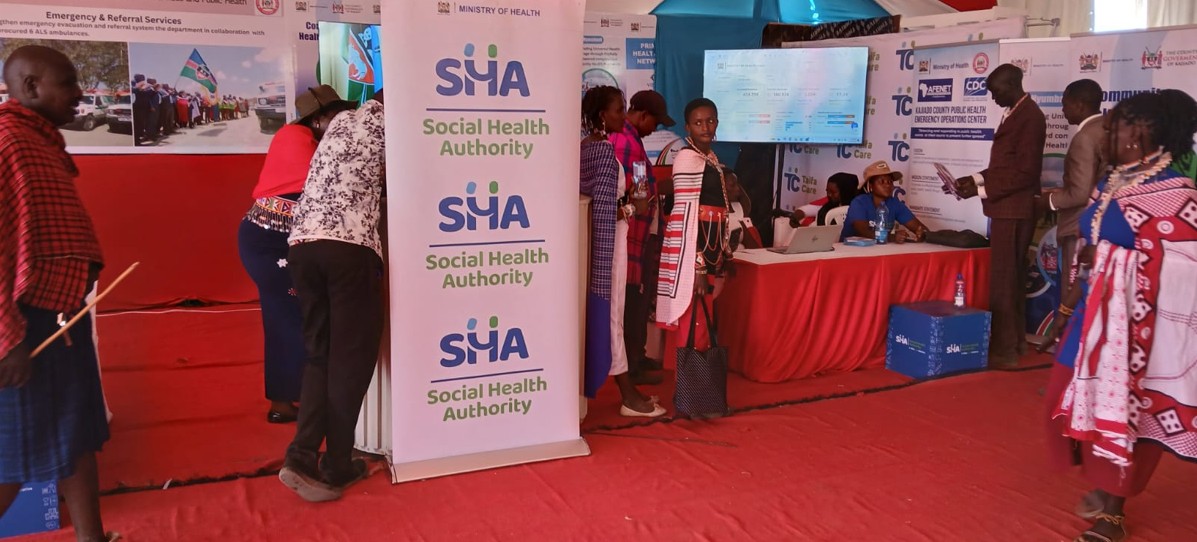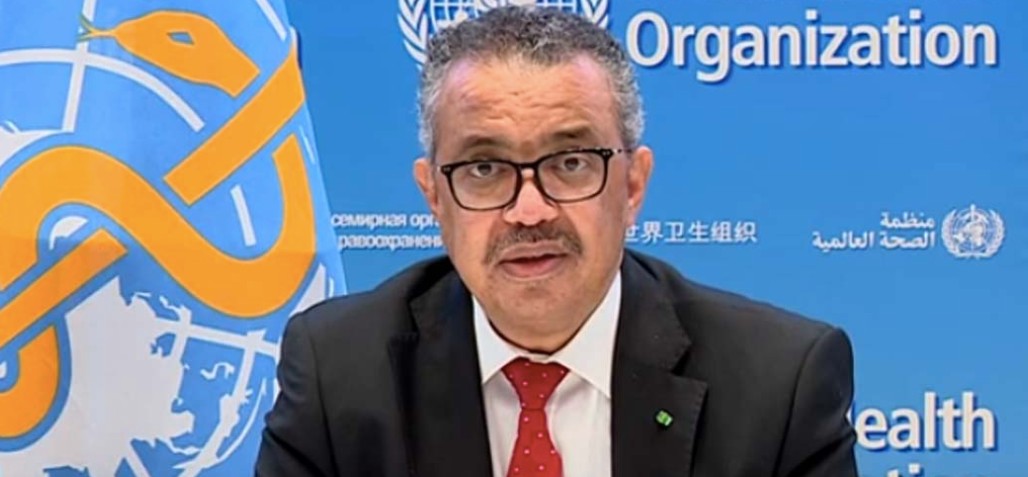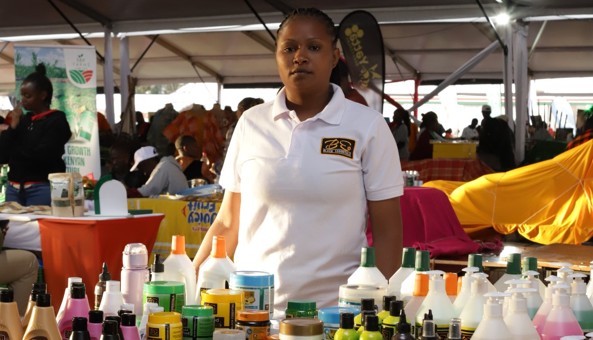Judiciary introduces priority cards for vulnerable groups

She revealed that the judiciary is committed to upholding social justice for the vulnerable, promoting rehabilitation within the criminal justice system, and developing infrastructure to facilitate justice.
The judiciary has announced new measures to ensure smooth operation in discharging its mandate. The courts are in the process of rolling out priority cards that will enable vulnerable individuals to be given priority in accessing court services.
Chief Justice Martha Koome, speaking during the Nairobi 2024 Hearth Summit, revealed that the judiciary is committed to upholding social justice for the vulnerable, promoting rehabilitation within the criminal justice system, and developing infrastructure to facilitate justice.
More To Read
- CJ Koome urges contextual enforcement of Marriage Act, stronger family justice system
- Judiciary faces Sh576.6 million pending bills amid budget review
- Over 31,000 SGBV cases filed as courts improve response, Judiciary Report shows
- Top 10 counties account for 68 per cent of Kenya’s legal cases, says report
- How circuit, mobile courts expanded justice to underserved communities - report
- CJ Koome affirms Judiciary’s commitment to transparency, says trust central to transformation
The CJ clarified that they are devoted to removing barriers both formal and informal which hinder accessibility to the vulnerable.
"We aim to make justice expeditious, accessible, cost-effective, and responsive to the justice needs of the vulnerable groups and all Kenyans," Koome said.
She additionally said courts will be using priority cards which will help vulnerable groups be identified and be helped first.
"We are implementing programs like priority cards for vulnerable groups, such as pregnant women, the elderly, and persons with disabilities, to ensure they are prioritised when receiving court services," Koome shared.
She further revealed the judiciary plan of setting up specialised courts which will include Children's Courts, Gender Justice Courts, and Small Claims Courts.
Koome says the judiciary is now shifting its judgment model in line with human rights as outlined in the constitution. She says they are now leaning towards a rehabilitation model rather than punitive when in pursuit of offering correctional services.
I participated in the Nairobi 2024 Hearth Summit, where I shared initiatives championed by the Judiciary and the NCAJ regarding social justice for the vulnerable, promoting rehabilitation within the criminal justice system, and developing infrastructure to facilitate justice.… pic.twitter.com/VvdQOfu58Y
— Hon. Justice Martha K. Koome, FCIArb, EGH (@CJMarthaKoome) July 18, 2024
Koome believes it will transform lives by ensuring offenders take responsibility for their actions, reintegrate into the community, and contribute positively to society.
"This transition is crucial for reducing recidivism, promoting public safety, and fostering a culture of second chances," she said.
Koome says these programs are crucial, especially for children and youths, who belong in school rather than prison.
By allowing non-serious offenders to work in public institutions under supervision, Koome says it will also help decongest overcrowded jails, especially the petty offenders.
Top Stories Today












































